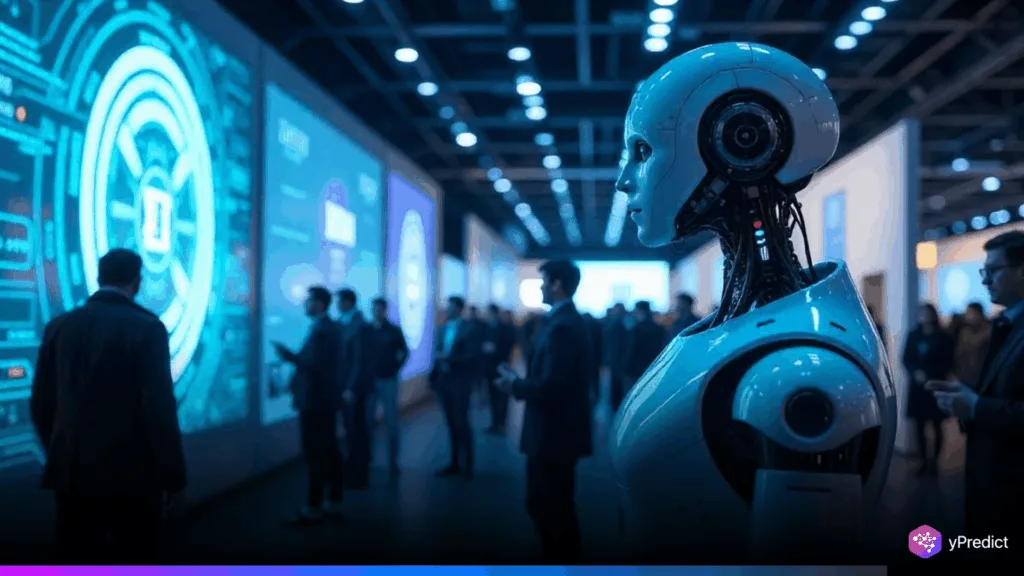
A study by Duke University has revealed the adoption of AI in Workplace is rising. It states employees using AI tools may face a social stigma that undermines their professional reputation. Researchers Jessica Reif, Richard Larrick, and Jack Soll conducted the study. It was published in the National Academy of Sciences proceedings.
Their findings suggest that a worker’s career may suffer as a result of how their peers view AI technologies. This includes generative AI tools such as Gemini and ChatGPT. This study highlights a crucial problem at a time when the adoption of AI is predicted to reach a record 72% in 2024. In addition to changing our behavior, workplace AI integration may also change how others view us in formal settings.
The Rise of Workplace AI Integration and Perception Bias
According to the study, artificial intelligence (AI) in the workplace increases productivity but also engenders prejudice. Workers who complete tasks using AI tools like ChatGPT or Copilot are frequently perceived as less industrious, indolent, or even inept.
In one experiment, participants predicted that their colleagues would view AI tools as readily interchangeable. They worried that if they used AI to complete a task, it would be a bad reflection on their skills. In a different scenario, participants were asked to rate other people who used generative AI in their work, and similar assessments were made. Using AI tools made people appear less independent and more reliant on technology. However, its assistance proved useful for the task at hand.
Interestingly, these biases did not change based on age, gender, or occupation, indicating that AI in the Workplace is widely stigmatized. The study claims that generative AI has the potential to greatly boost output. However, in certain situations, the social cost of using these tools might make it impossible for them to be widely used.
How Negative Bias Affects AI in Workplace Use
In additional experiments, the study discovered that AI tools have a negative impact on workplace reputation when employees believe AI is unnecessary for the task. However, the negative opinions start to lessen when AI tools help finish tasks. The primary conclusion is that workers can overcome the biases related to AI if they use it in the workplace and comprehend how it operates.
Interestingly, those with firsthand experience using generative AI were much more accepting of colleagues using it. This is indicating that exposure and familiarity with these tools might reduce bias. However, the study also revealed the social penalty for using AI might outweigh the productivity benefits. This is particularly true when people view these tools as “crutches” instead of aids.
Development and Future Perspectives of Workplace AI Integration
The results suggest that businesses might need to adapt if they want to fully integrate AI into workplace tools. If workplace adoption is to succeed, managers and staff will need to shift their viewpoints on AI and its purpose.
Ultimately, how well workers use AI to enhance their work may be the basis for their evaluation. But for now, it’s evident that the social costs of utilizing AI tools continue to be a major obstacle. It might hinder the widespread adoption of these technologies in offices.
How Workplace AI Integration Affects Careers?
The extensive application of workplace AI integration has resulted in notable increases in productivity. However, a challenging issue is the social stigma attached to its use. Peer criticism of employees who use AI tools can damage their reputation in the workplace. If workplace AI integration is to be widely and impartially adopted, organizational culture must change.






